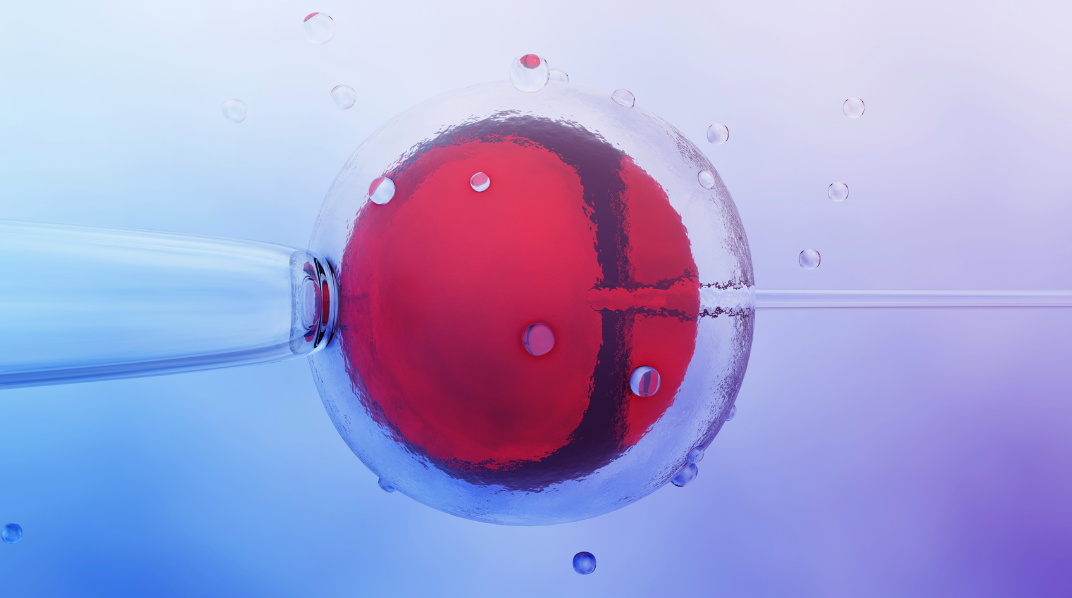Robots are learning to make human babies. Twenty have already been born.
By Elizabeth Dwoskin and Zoeann Murphy,
The Washington Post
| 10. 01. 2025
MEXICO CITY — When she walked into an IVF clinic in June, Alin Quintana knew it would be the last time she would try to conceive a child. She had prepared herself spiritually and mentally for the visit: She had traveled to a nearby state to leave prayer ribbons at a shrine dedicated to Mary Undoer of Knots, a manifestation beloved in Latin America. She had received a blessing from her priest. That morning, as Quintana and her husband wound their way for hours from the unpaved outskirts of the Mexican capital toward the swanky clinic in one of its richest neighborhoods, her mind was alert, as if she were making a recording. She was focusing on the moment, she said, to drown out the weight of painful memories — a lost pregnancy, a burst fallopian tube, emergency surgery, 96 monthly cycles of hope and crushing disappointment.
But now she was ready to be part of a generational experiment: A robot would create her baby. Chatbots have invaded our conversations and self-driving cars roam our streets, but the creation of life is a new frontier for artificial intelligence. In-vitro fertilization has produced more than 13 million babies since...
Related Articles
By Scott Solomon, The MIT Press Reader | 02.12.2026
Chris Mason is a man in a hurry.
“Sometimes walking from the subway to the lab takes too long, so I’ll start running,” he told me over breakfast at a bistro near his home in Brooklyn on a crisp...
By Diaa Hadid and Shweta Desai, NPR | 01.29.2026
MUMBRA, India — The afternoon sun shines on the woman in a commuter-town café, highlighting her almond-shaped eyes and pale skin, a look often sought after by couples who need an egg to have a baby.
"I have good eggs,"...
By George Janes, BioNews | 01.12.2026
A heart attack patient has become the first person to be treated in a clinical trial of an experimental gene therapy, which aims to strengthen blood vessels after coronary bypass surgery.
Coronary artery bypass surgery is performed to treat...
By Staff, ScienceDaily | 01.05.2026
Scientists at UNSW Sydney have developed a new form of CRISPR technology that could make gene therapy safer while also resolving a decades-long debate about how genes are switched off. The research shows that small chemical markers attached to DNA
...




